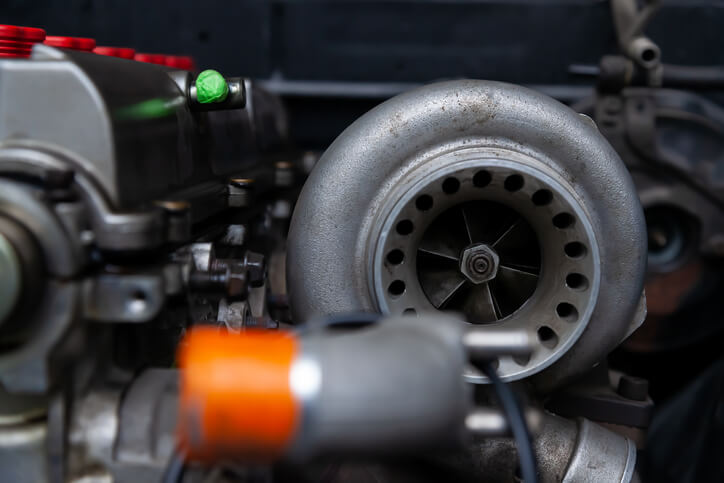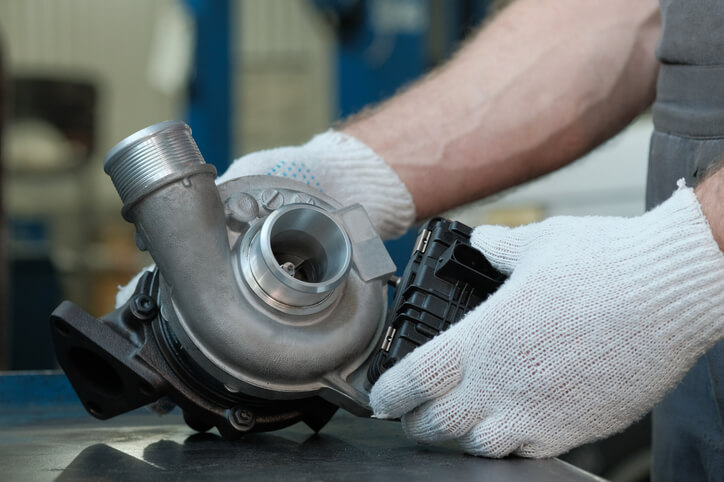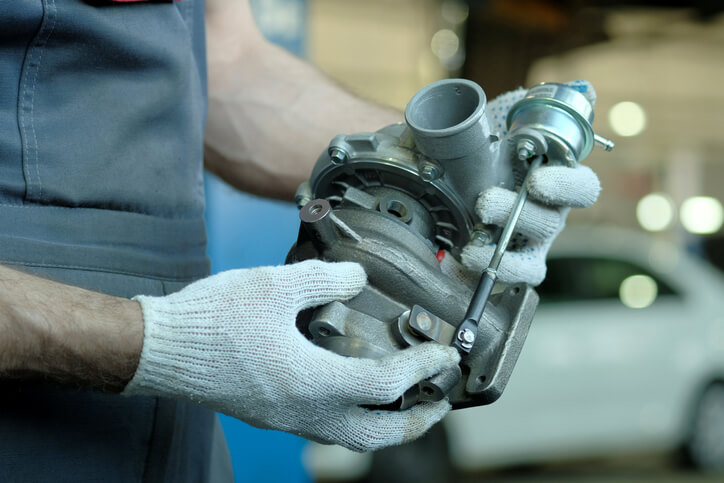Turbochargers vs. Superchargers: Understanding Forced Induction Systems
If you’re considering auto mechanic training, one of the most exciting parts of the industry is how rapidly vehicle technology continues to evolve. Engines today are expected to deliver more power with less fuel, and one way manufacturers meet demand is through forced induction systems, turbochargers, and superchargers.
While these components may not be part of your hands-on training at ATC Toronto, understanding what they do and how they impact engine performance can give you a broader perspective as you begin your journey in the trade.
What Is Forced Induction?
In a regular (naturally aspirated) engine, air enters the combustion chamber using atmospheric pressure. Forced induction systems compress this air before it enters the engine, which allows for more fuel to be burned, resulting in more power output.
Both turbochargers and superchargers are designed to increase air pressure, but they do it in different ways.
Turbochargers: Powered by Exhaust Flow
A turbocharger uses the energy from a car’s exhaust gases to spin a turbine. This turbine drives a compressor that forces more air into the engine.
Why it matters:
- Improves engine efficiency and fuel economy
- Adds significant power to smaller engines
- Found in many modern compact and performance cars

Turbocharged engines often require careful attention to temperature management, lubrication, and computerized control systems, topics that relate closely to areas covered in automotive training, such as cooling systems, lubrication systems, and emissions controls.
Superchargers: Driven by the Engine
A supercharger is mechanically connected to the engine, usually by a belt, and delivers boost instantly as engine speed increases.
Key characteristics:
- Instant throttle response
- More torque at lower RPMs
- Common in high-performance and specialty vehicles
While ATC Toronto’s auto mechanic school program doesn’t cover forced induction systems in-depth, understanding how they influence fuel injection, ignition timing, and cooling systems helps you see the big picture when servicing modern vehicles.
How This Knowledge Connects to Your Auto Mechanic Training
At ATC Toronto, our auto mechanic training is built on core industry knowledge, including:
- Gasoline engine service
- Cooling and lubrication systems
- Fuel injection and ignition systems
- Emissions and computer control systems
All of these are directly affected by how air and fuel interact, whether that’s in a naturally aspirated engine or one with a turbocharger or supercharger. By mastering the fundamentals, you’re better prepared to understand these technologies if they show up in your future workplace.

Why It’s Good to Be Informed
Whether you’re working in a dealership, a general repair shop, or eventually specializing in performance vehicles, chances are you’ll encounter cars equipped with some form of forced induction.
Even if you’re not yet servicing these components, having a working knowledge of what they are and how they impact vehicle systems will help you:
- Communicate more clearly with technicians and customers
- Understand manufacturer service procedures
- Recognize how different parts of the engine work together
As vehicles become more complex, technicians who understand the “why” behind the systems they service will stand out.
Start With the Fundamentals at ATC Toronto
Understanding forced induction begins with mastering the basics, and that’s exactly what you’ll get with auto mechanic training at ATC Toronto.
Our program gives you a solid foundation in engine service, cooling and lubrication systems, and fuel and ignition technologies; all of which help you make sense of how more advanced systems like turbos and superchargers fit into the modern vehicle landscape.
Are you ready to start your journey?
Explore our mechanic training program at ATC Toronto and gain the real-world knowledge that prepares you for a future in the evolving automotive industry.


